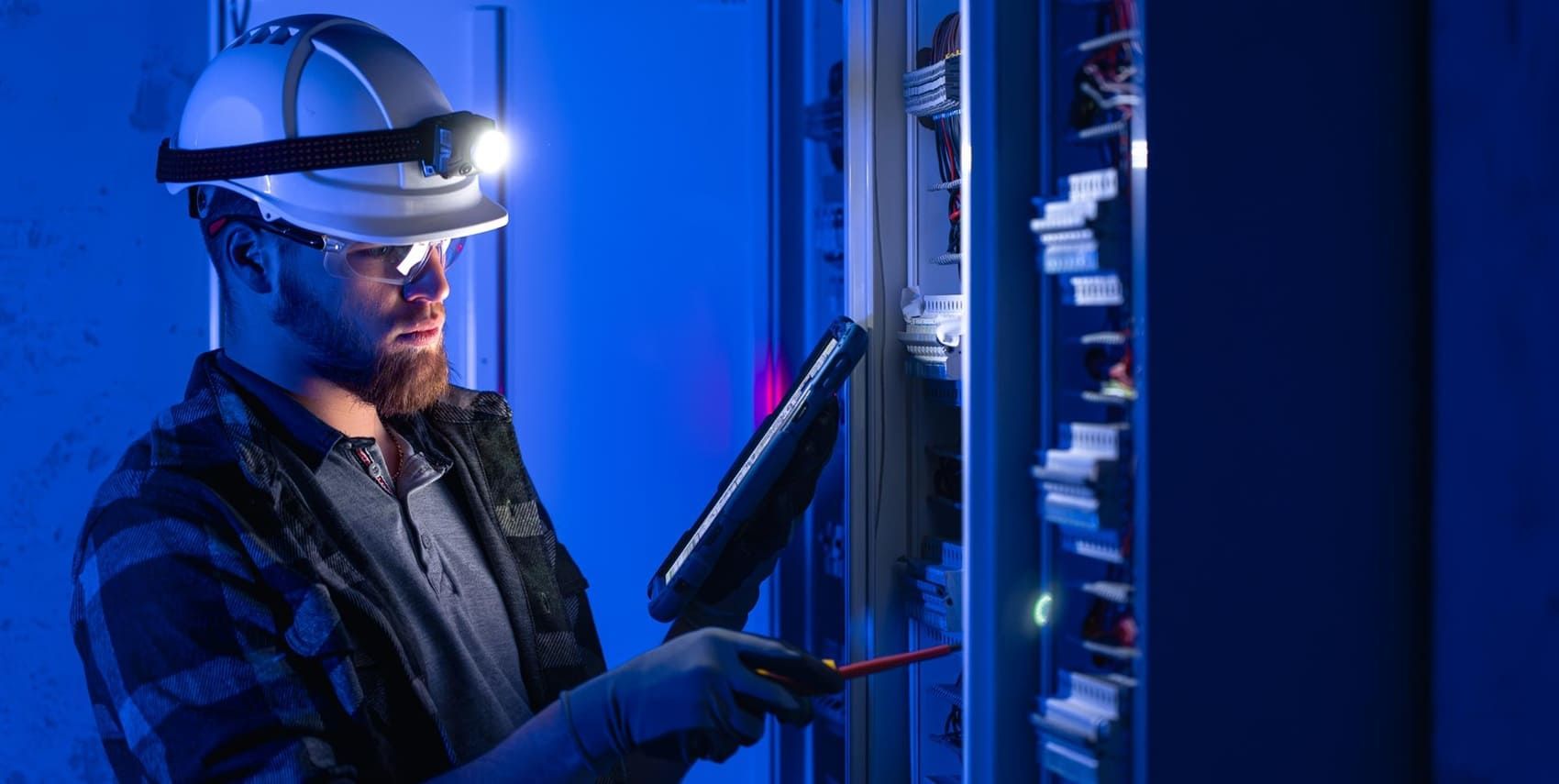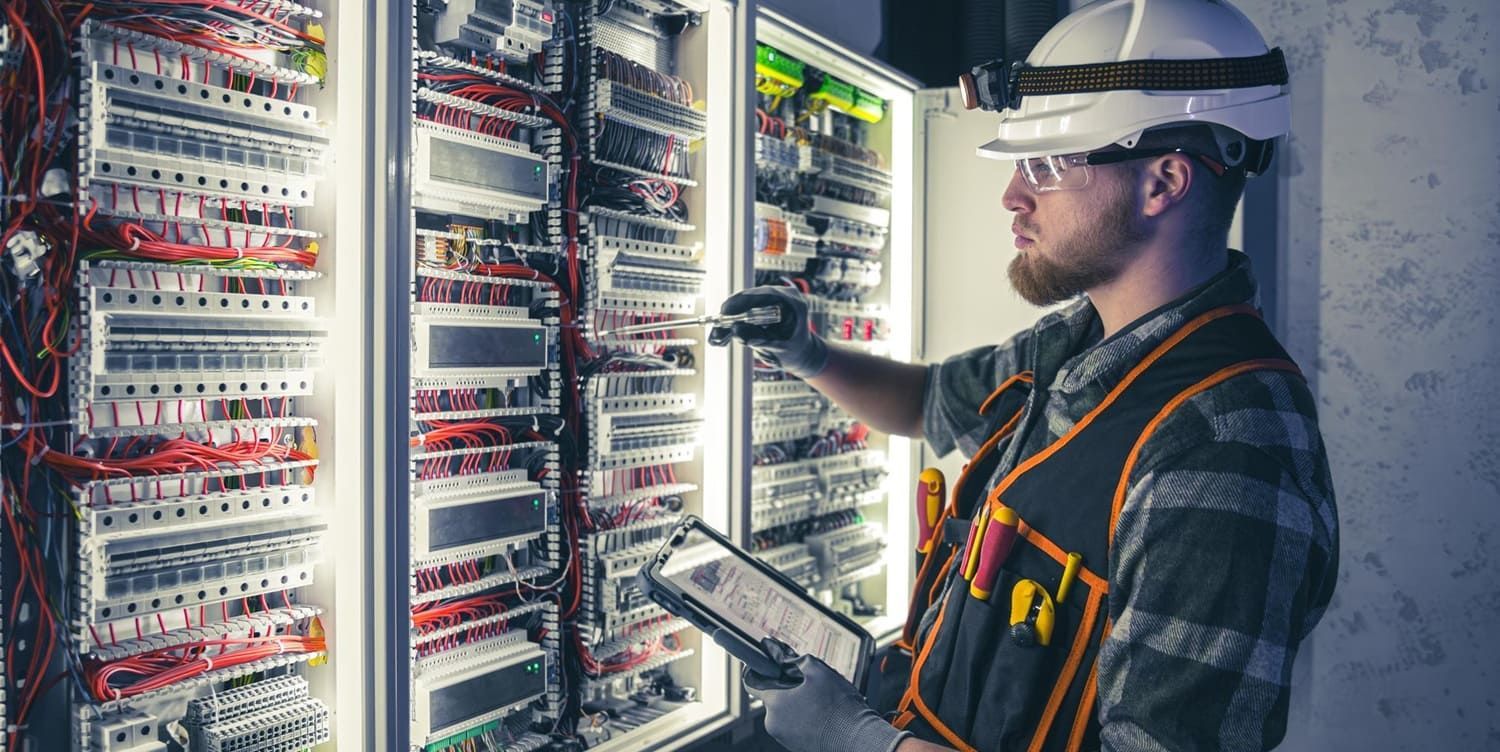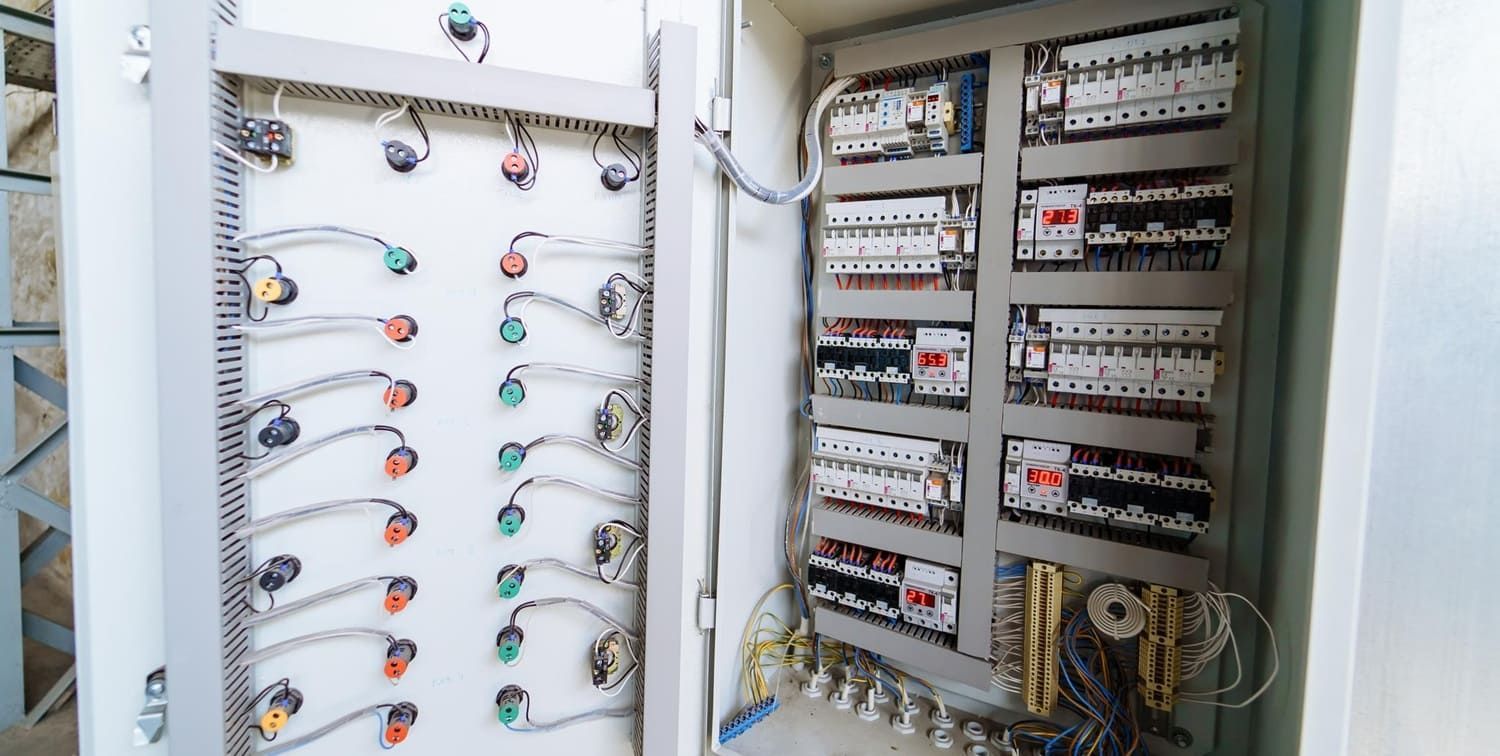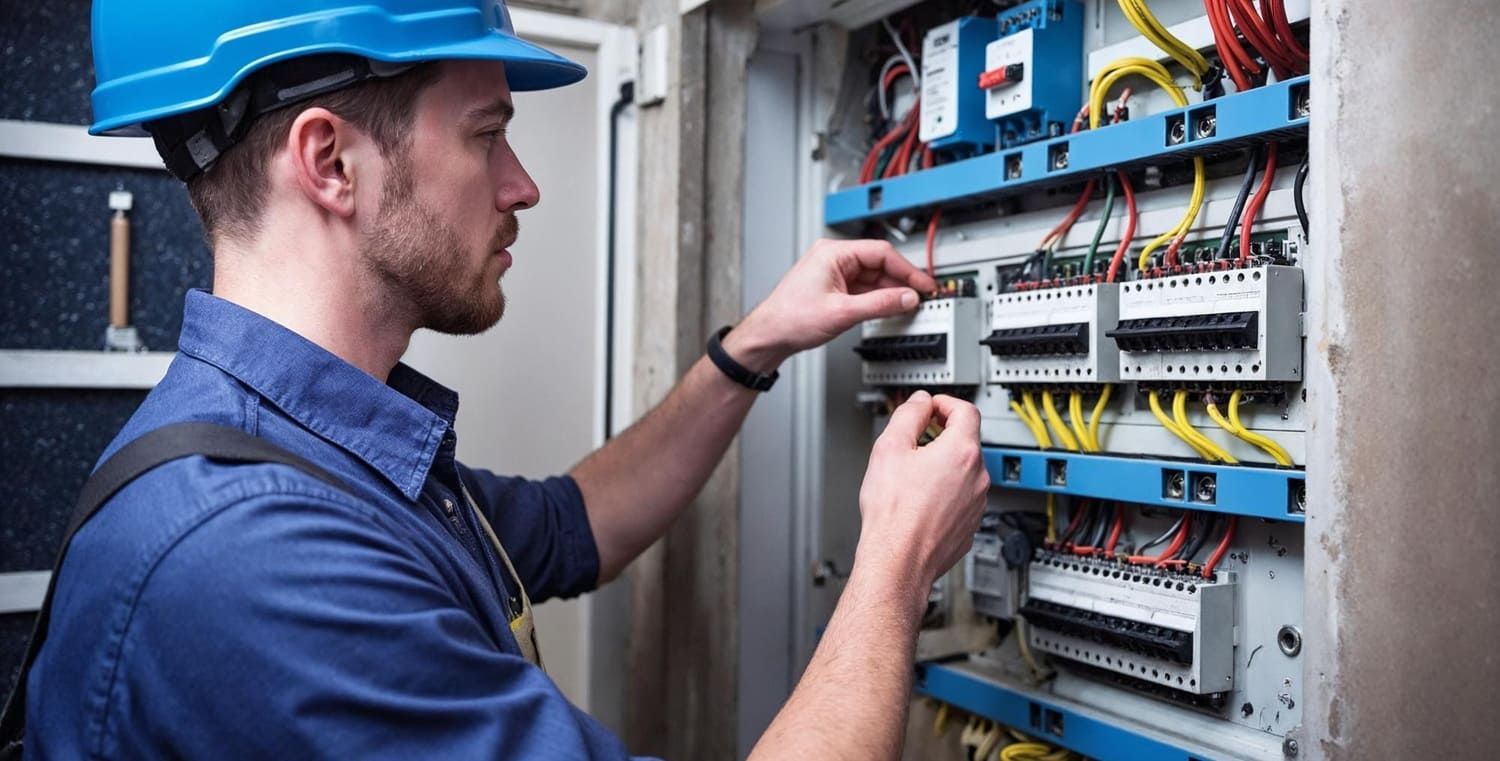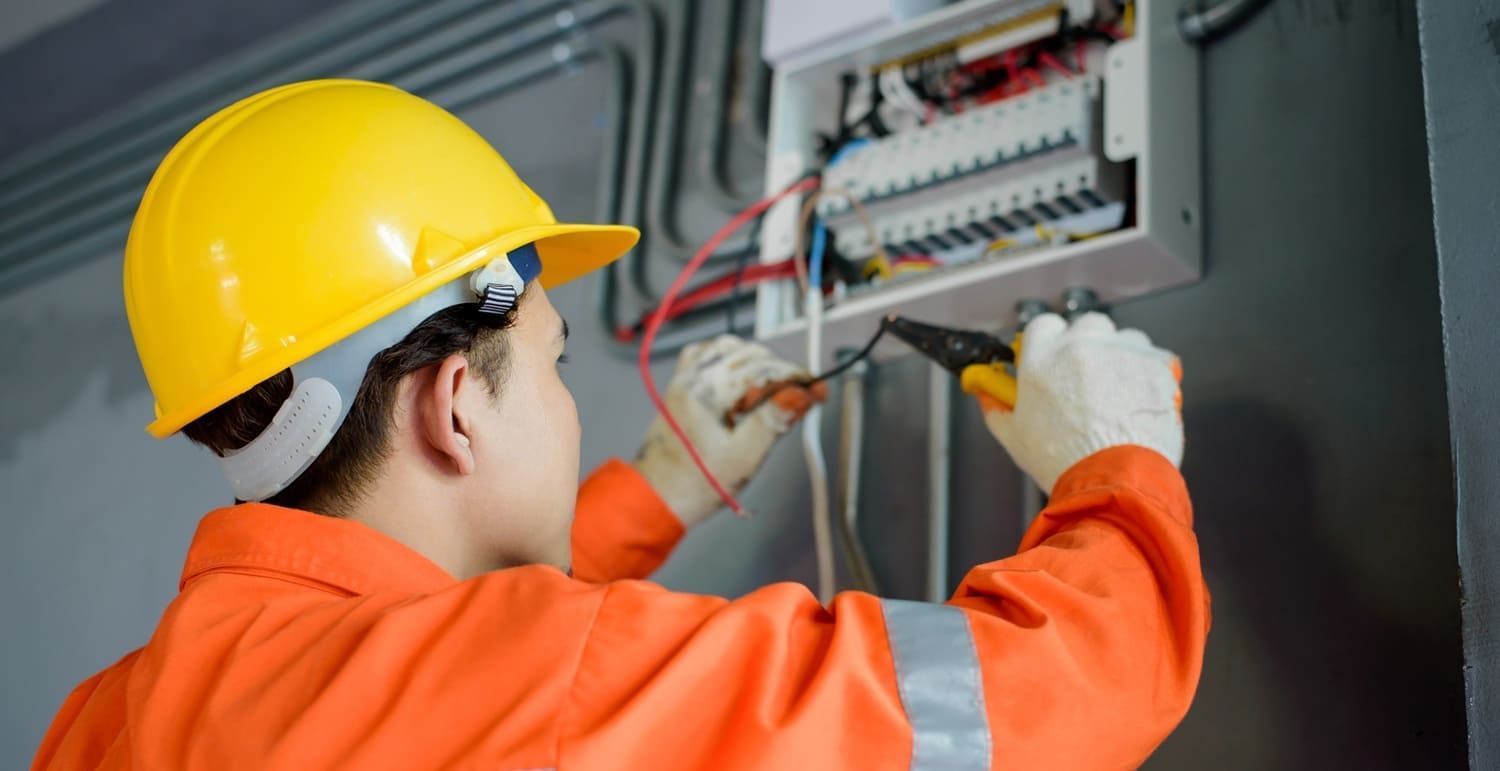Electrical Contractor vs Electrician: Which Hire?
When it comes to electrical work, choosing between an electrical contractor and an electrician can be a bit confusing. Both offer essential services, but they come with different expertise and responsibilities. Whether you're dealing with a simple repair or a complex installation, understanding the differences can save you time, money, and stress. The decision is not just about the scale of the project but also involves considerations such as compliance, project management, and cost efficiency.
In this article, we'll break down the roles of electrical contractors and electricians to help you decide which is the right hire for your needs. We'll delve deeper into their responsibilities, the scope of their work, and when it's most appropriate to hire each type of professional.
Before diving into which
professional to hire, it's important to understand what each role entails. This foundational knowledge is crucial as it forms the basis of making an informed decision that aligns with your project requirements and budget constraints.

What is an Electrician?
An electrician is a skilled tradesperson who performs electrical work. Electricians typically handle tasks such as installing wiring, repairing electrical fixtures, and ensuring systems comply with safety regulations. They are often involved in hands-on work and are essential for maintaining electrical systems in residential, commercial, and industrial settings. Electricians are the backbone of the electrical industry, providing essential services that keep our homes and businesses running smoothly.
Electricians must be adept at diagnosing electrical issues, which requires a strong understanding of electrical systems and an ability to troubleshoot effectively. Their work is critical in maintaining the safety and functionality of electrical systems, whether it's in a home environment or a more complex industrial setup. Electricians are also responsible for ensuring that all electrical installations and repairs adhere to the relevant safety standards and codes.
What is an Electrical Contractor?
An electrical contractor is essentially a business person or firm that employs electricians. They are responsible for managing projects, obtaining necessary permits, and ensuring that all work complies with local and national electrical codes. Electrical contractors often oversee larger projects that require a coordinated team effort, including new construction or extensive renovations. They act as the project managers of the electrical world, coordinating various aspects to ensure the successful completion of a project.
Electrical contractors have the expertise to plan and execute complex projects, often involving multiple teams and subcontractors. This role requires a deep understanding of project management principles, as well as a strong grasp of electrical systems and compliance requirements. They play a crucial role in the construction and renovation industries, ensuring that all electrical aspects of a project are completed safely, efficiently, and to the highest standard.
Key Differences
Understanding the key differences between electricians and electrical contractors can help you decide which one you need for your project. These differences are not just about the scale of the project but also involve the nature of the work, project management capabilities, and compliance expertise.
Scope of Work
- Electricians are generally involved in the actual hands-on work and can handle most standard electrical jobs, such as wiring a home or fixing a faulty outlet. They are ideal for straightforward tasks that require technical know-how but not extensive project management skills.
- Electrical Contractors manage larger projects that require more comprehensive planning and coordination. They may hire a team of electricians to complete the project. This makes them suitable for projects that involve multiple phases and require a higher level of oversight and coordination.
Project Management
- Electricians typically work independently or as part of a small team. They focus on the technical aspects of electrical work. Their primary responsibility is to ensure that the electrical systems are installed or repaired according to the required specifications and standards.
- Electrical Contractors take on a project management role, ensuring that the work is completed on time and within budget. They handle logistics, including scheduling and compliance with codes. This role is crucial for large-scale projects where coordination between different trades and adherence to a timeline are critical to the project's success.
Licensing and Certification
Both electricians and electrical contractors are required to be licensed, but the requirements can vary significantly. This is an important consideration as it affects the legal and safety aspects of the work being done.
- Electricians must complete specific training and apprenticeship programs, and pass a certification exam to become licensed. This ensures they have the necessary skills and knowledge to perform electrical work safely and effectively.
- Electrical Contractors usually need a higher level of certification and may require additional business licenses to operate legally. They must demonstrate not only technical expertise but also the ability to manage a business and oversee large projects successfully.
When to Hire an Electrician
For smaller, more straightforward jobs, hiring an electrician is often the best choice. Here are some scenarios where an electrician is the right hire. Understanding when to hire an electrician can help you avoid unnecessary costs and ensure that your electrical work is completed efficiently.
- Simple Repairs: Fixing broken outlets, switches, or light fixtures. Electricians are well-suited for these tasks as they require precise technical skills but not extensive planning or coordination.
- Installation: Adding new lights, ceiling fans, or appliances. Electricians can handle these installations efficiently, ensuring that they are safe and comply with all relevant codes and regulations.
- Maintenance: Regular check-ups and safety inspections of your electrical systems. Routine maintenance tasks are ideal for electricians, who can identify potential issues before they become major problems.
Electricians are cost-effective for these tasks and provide the expertise needed to ensure everything is done safely and efficiently. Their focused skill set allows them to complete jobs quickly and effectively, minimizing disruption to your home or business.
When to Hire an Electrical Contractor
For larger projects, an electrical contractor is the right choice. Consider hiring an electrical contractor in the following situations. Knowing when to hire an electrical contractor can make a significant difference in the success of your project, especially when it involves complex or large-scale electrical work.
Large-Scale Projects
If you're building a new home or undergoing a significant renovation, an electrical contractor can manage the entire electrical aspect of the project. They have the resources and experience to coordinate with other contractors and ensure the electrical work is integrated seamlessly. Their role is crucial in coordinating between different trades and ensuring that the electrical systems are installed correctly and on schedule.
Compliance and Permits
Electrical contractors are well-versed in local codes and regulations. They can handle all the necessary permits and inspections, ensuring that your project meets legal requirements. This expertise is vital for avoiding costly delays and ensuring that your project complies with all relevant laws and regulations.
Complex Systems
For projects involving complex electrical systems, such as commercial buildings or industrial facilities, an electrical contractor can provide the necessary expertise and oversight. They can design and implement sophisticated systems that an electrician alone may not be equipped to handle. Their ability to manage complex projects ensures that all aspects of the electrical system are integrated and function as intended.
Cost Considerations
The cost of hiring an electrician versus an electrical contractor can vary significantly based on the scope of work and location. Understanding the cost implications is crucial for budgeting and ensuring that your project remains financially viable.
- Electricians typically charge by the hour or per job. For smaller tasks, this can be more economical. Their straightforward pricing model makes it easy to estimate costs for simple repairs or installations.
- Electrical Contractors may charge a flat fee for the entire project, which can be more cost-effective for larger projects due to their ability to manage resources efficiently. Their pricing structure often includes project management fees, which cover the coordination and oversight necessary for complex or large-scale projects.
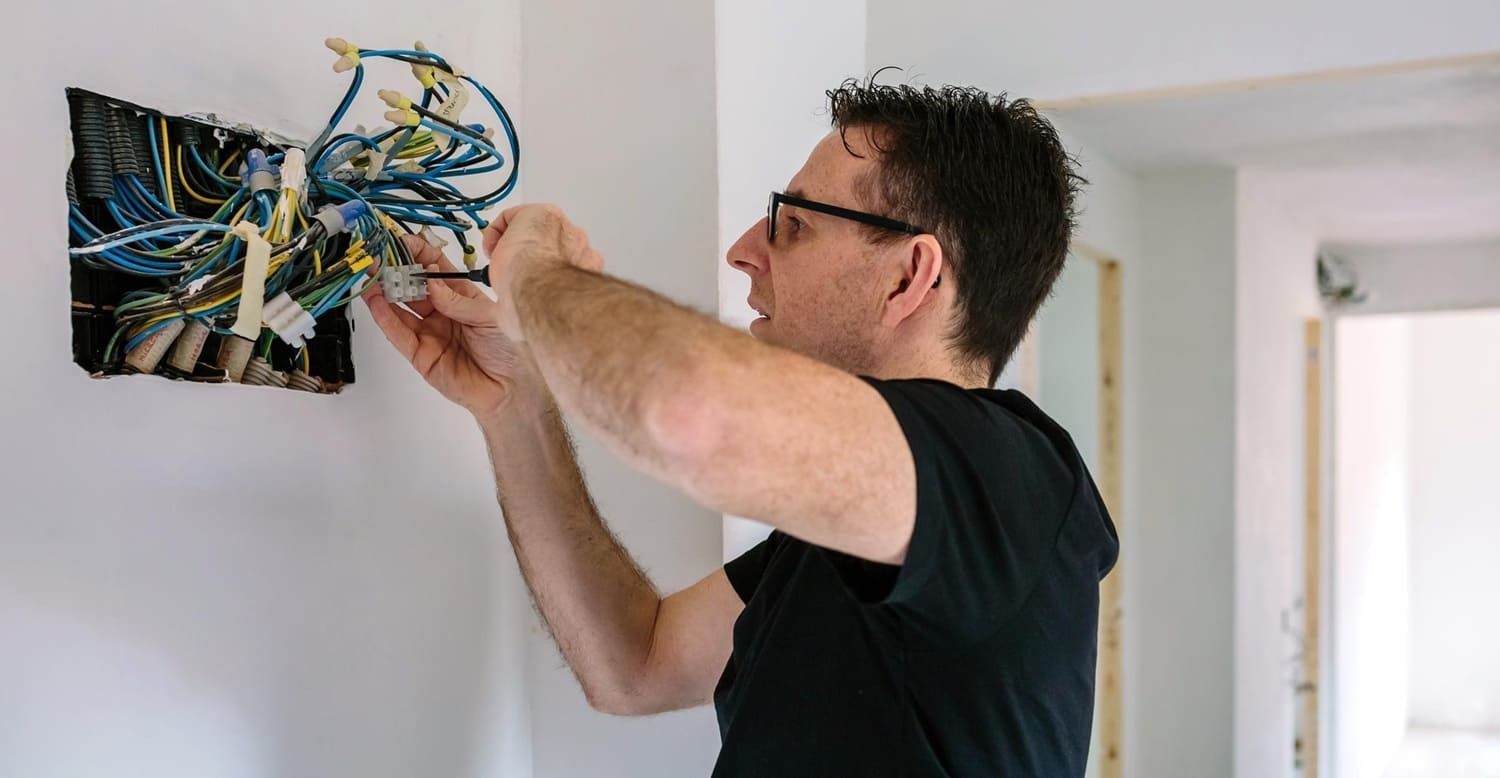
Making the Right Choice
Deciding whether to hire an electrician or an electrical contractor depends largely on the specifics of your project. Here are some final tips to help you make the right choice. Making an informed decision can significantly impact the success of your project, ensuring that it is completed safely, on time, and within budget.
- Assess the Scope: Consider the size and complexity of your project. Smaller jobs can usually be handled by an electrician, while larger projects might require a contractor. Understanding the scope of your project will help you determine the level of expertise and management required.
- Check Credentials: Ensure that whoever you hire is licensed and insured. Verify their credentials and ask for references if possible. This step is crucial for ensuring that the work will be completed to a high standard and that you are protected in case of any issues.
- Get Multiple Quotes: For any significant work, it's wise to get quotes from several providers. This will give you a better idea of the going rate and help you choose the best option for your budget. Comparing quotes also allows you to assess the level of service and expertise each provider offers.
Conclusion
Understanding the difference between an electrical contractor and an electrician can make a major impact on the success and safety of your project. At Buell Electric, Inc., Certified Expert Electricians near you, we proudly serve Pinellas County, Hillsborough County, and Pasco County, including the cities of Tampa, Clearwater, Saint Petersburg, Largo, Port Richey, New Port Richey, Seminole, Tarpon Springs, Hudson, Holiday, Lutz, Pinellas Park, Belleair Beach, Dunedin, Oldsmar, Ozona, Elfers, Bay Pines, Crystal Beach, Safety Harbor, Odessa, Clearwater Beach, Westchase, Citrus Park, Town 'n' Country, and surrounding Florida areas.
By evaluating your needs and understanding the scope of your work, you can make an informed decision that ensures compliance, quality, and long-term performance. Whether it is a small residential repair or a large-scale commercial installation, the right professional team is essential to getting the job done safely and efficiently.
Choosing Buell Electric, Inc. means partnering with a team that prioritizes precision, safety, and customer satisfaction. Our certified electricians bring extensive experience and professionalism to every project, ensuring that your electrical systems remain safe, efficient, and reliable.
Contact Buell Electric, Inc. today for your free estimate and discover why homeowners and businesses across the Tampa Bay area trust our certified electrical experts for dependable service, exceptional workmanship, and long-lasting results.
FAQs About Electrical Contractors and Electricians
What’s the difference between an electrician and an electrical contractor?
An electrician performs electrical work, while an electrical contractor manages and oversees entire projects.
Who should I hire for home electrical repairs?
A licensed electrician is ideal for small repairs, upgrades, or installations.
When should I hire an electrical contractor instead?
For large-scale jobs like new construction, remodels, or commercial projects.
Is an electrical contractor more expensive than an electrician?
Usually, yes. Contractors handle permits, inspections, and multiple electricians.
Can an electrical contractor do the same work as an electrician?
Yes, but they often focus on managing teams and complex systems.
Do both need licenses?
Yes. Electricians and contractors must hold valid licenses and insurance.
Who ensures the work meets code and safety standards?
Electrical contractors are responsible for compliance, safety, and inspections.
Which is better for ongoing maintenance?
An electrician is best for routine service, while contractors handle larger maintenance agreements.



